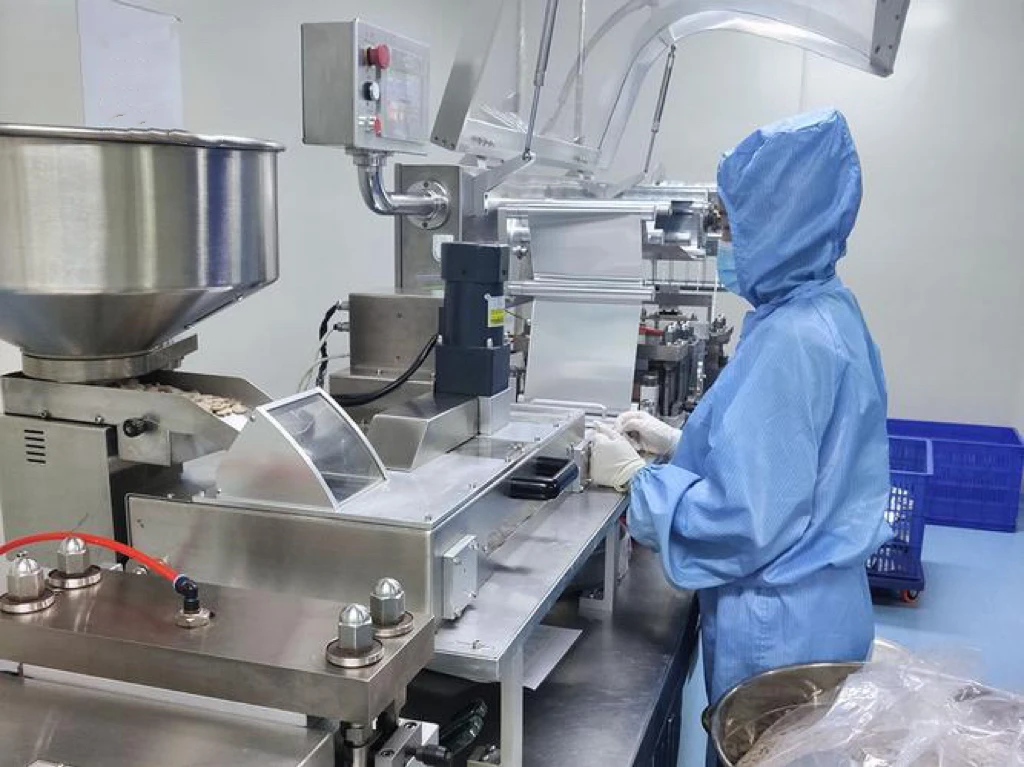- Afrikaans
- Albanian
- Amharic
- Arabic
- Armenian
- Azerbaijani
- Basque
- Belarusian
- Bengali
- Bosnian
- Bulgarian
- Catalan
- Cebuano
- Corsican
- Croatian
- Czech
- Danish
- Dutch
- English
- Esperanto
- Estonian
- Finnish
- French
- Frisian
- Galician
- Georgian
- German
- Greek
- Gujarati
- Haitian Creole
- hausa
- hawaiian
- Hebrew
- Hindi
- Miao
- Hungarian
- Icelandic
- igbo
- Indonesian
- irish
- Italian
- Japanese
- Javanese
- Kannada
- kazakh
- Khmer
- Rwandese
- Korean
- Kurdish
- Kyrgyz
- Lao
- Latin
- Latvian
- Lithuanian
- Luxembourgish
- Macedonian
- Malgashi
- Malay
- Malayalam
- Maltese
- Maori
- Marathi
- Mongolian
- Myanmar
- Nepali
- Norwegian
- Norwegian
- Occitan
- Pashto
- Persian
- Polish
- Portuguese
- Punjabi
- Romanian
- Russian
- Samoan
- Scottish Gaelic
- Serbian
- Sesotho
- Shona
- Sindhi
- Sinhala
- Slovak
- Slovenian
- Somali
- Spanish
- Sundanese
- Swahili
- Swedish
- Tagalog
- Tajik
- Tamil
- Tatar
- Telugu
- Thai
- Turkish
- Turkmen
- Ukrainian
- Urdu
- Uighur
- Uzbek
- Vietnamese
- Welsh
- Bantu
- Yiddish
- Yoruba
- Zulu
Dec . 04, 2024 09:13 Back to list
gentamicin so4
The Role of Gentamicin Sulfate Insights into Its Use and Applications
Gentamicin sulfate is an aminoglycoside antibiotic that has been widely used in clinical practice since its introduction in the 1960s. Derived from the bacterium Micromonospora purpurea, this medication exhibits a broad spectrum of antibacterial activity, particularly against gram-negative bacteria. Its role in treating a variety of infections, especially those caused by resistant strains, underscores its importance in modern medicine.
Mechanism of Action
The primary mechanism by which gentamicin exerts its antibacterial effect is through the inhibition of protein synthesis in bacteria. It binds to the 30S ribosomal subunit, leading to misreading of mRNA and resulting in the production of dysfunctional proteins. This ultimately disrupts bacterial growth and replication, enabling the immune system to eliminate the pathogens more effectively. Gentamicin is particularly effective against Pseudomonas aeruginosa, Escherichia coli, and other enteric Gram-negative bacteria.
Indications and Usage
Gentamicin sulfate can be administered through various routes, including intramuscular, intravenous, and topical applications. Its versatility allows it to be used in treating serious infections such as sepsis, pneumonia, urinary tract infections, and infections in immunocompromised patients. In addition to systemic infections, gentamicin sulfate is also employed in ophthalmic solutions to treat bacterial conjunctivitis and other eye infections.
Importantly, due to its potency and potential toxicity, gentamicin is typically reserved for severe infections or cases where other antibiotics may be ineffective. The use in combination with other antibiotics is a common practice to enhance efficacy and reduce the likelihood of resistance development.
Pharmacokinetics and Dosing
gentamicin so4

Gentamicin's pharmacokinetic profile reveals its rapid absorption and distribution throughout the body. Peak plasma concentrations are usually attained within 30 to 60 minutes following administration. Its half-life varies depending on renal function, necessitating dose adjustments for patients with compromised kidney function. Monitoring of serum levels is critical to ensure therapeutic effectiveness while minimizing the risks of nephrotoxicity and ototoxicity, two of the most significant adverse effects associated with gentamicin.
Adverse Effects
While gentamicin is effective, clinicians must remain vigilant regarding its side effects. Ototoxicity can lead to irreversible hearing loss, especially in patients receiving long-term therapy or high doses. Nephrotoxicity, characterized by renal impairment, is also a serious concern. Routine monitoring of kidney function and drug serum levels is crucial to mitigate these risks. In many cases, the benefits of gentamicin in managing serious infections outweigh the potential risks, provided that appropriate precautions are taken.
Resistance and Future Directions
The emergence of antibiotic resistance represents a growing challenge in the field of infectious diseases, and gentamicin is not exempt from this issue. Bacterial adaptation mechanisms, such as the modification of drug targets and enzymatic inactivation of the antibiotic, threaten its efficacy. Research into combination therapies and novel antibiotics continues to be vital in combating resistant bacteria. Ongoing studies are aimed at understanding resistance mechanisms and finding ways to restore gentamicin’s efficacy against resistant strains.
Conclusion
In summary, gentamicin sulfate remains a cornerstone in the treatment of severe bacterial infections, particularly when dealing with drug-resistant pathogens. Despite the potential for serious side effects, its effective antibacterial activity and versatility make it an invaluable tool in modern pharmacotherapy. Continued vigilance in monitoring its use and developing strategies to combat resistance will be essential in maintaining its role as a key antibiotic in our healthcare arsenal. As we advance into the future, the challenge will be to balance efficacy with safety to ensure that gentamicin sulfate continues to save lives.
-
Guide to Oxytetracycline Injection
NewsMar.27,2025
-
Guide to Colistin Sulphate
NewsMar.27,2025
-
Gentamicin Sulfate: Uses, Price, And Key Information
NewsMar.27,2025
-
Enrofloxacin Injection: Uses, Price, And Supplier Information
NewsMar.27,2025
-
Dexamethasone Sodium Phosphate Injection: Uses, Price, And Key Information
NewsMar.27,2025
-
Albendazole Tablet: Uses, Dosage, Cost, And Key Information
NewsMar.27,2025













